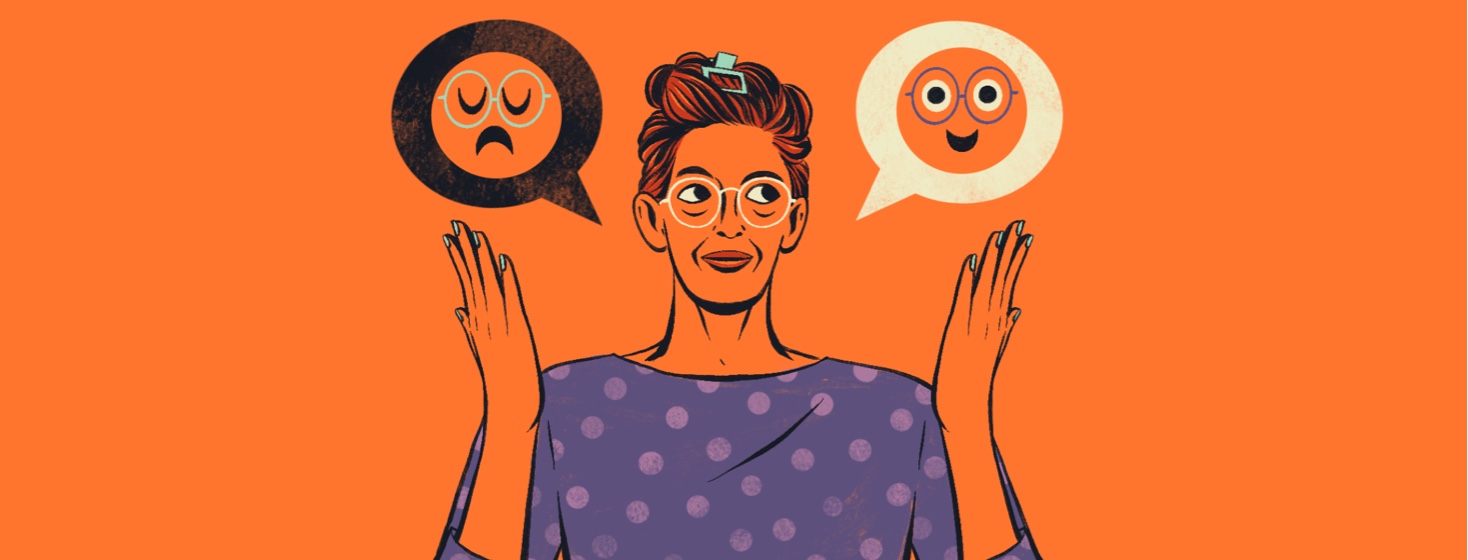Early Stage Ovarian Cancer Myths
We never think something can happen to us until it does. However, we have all experienced this phenomenon before whether it’s failing a test, winning a race, losing a loved one, getting in an accident, or even getting sick.
It won't happen to me...until it does
Some may call this being naïve or having privilege. Some may say it is due to the lack of knowledge on the topic or even wishful thinking. Whatever it is, it happens to all of us. As much as I thought I was, I was not immune to such a belief. I really didn’t think I could possibly develop ovarian cancer. I was wrong.
Here are some of the misconceptions I had prior to diagnosis.
Misconception #1: Age matters
One of the main misconceptions is that ovarian cancer only happens to older women. I didn’t think I could get sick. To be fair, the doctors that were treating me didn’t think I could have gotten cancer, hence the months of incorrect diagnoses before figuring out what was wrong.
When the internet told me my symptoms pointed to ovarian cancer, the doctors said that I was too young to receive such a diagnosis and that there are other reasons that were leading to my symptoms. Even though statistics show that it’s most prevalent in older individuals, it can happen to anyone who has ovaries.
That is why I’m so vocal about awareness – I want to make sure individuals young, old, and everything in between are aware of the symptoms because ovarian cancer does not discriminate by age.
Misconception #2: My fertility is destroyed
After I was diagnosed, I thought my fertility was compromised. However, that is not the case for all of us. There are many processes that one can take to preserve their fertility including storing eggs, in vitro fertilization, and keeping certain reproductive organs in the body. Luckily, my doctor was able to save my left ovary and fallopian tube.
But for those who are unable to keep their reproductive structure and must undergo a full hysterectomy, they are sometimes able to retrieve eggs prior to the procedure and preserve them for later use post-treatment. If you are in such a circumstance, don’t be afraid to ask your doctor about what your options are.
Misconception #3: No family history means no risk
I believed I wasn’t at risk of ovarian cancer because I had no family history of any reproductive cancer. However, every person who has ovaries can potentially develop ovarian cancer. This is evident in my case which definitely surprised my doctors. Of course, family history can increase one’s odds of diagnosis especially if they have the BRCA1 or BRCA2 gene. But the lack of family history is not a get-out-of-jail-free card.
Misconception #4: There is a screener
Another myth is that there is a test to screen for ovarian cancer. I wondered how I could have ovarian cancer, especially since I had gone to my regular check-ups and gotten my Pap smears done. How could the doctors miss it?
While it is fantastic for people to get their Pap smear as regularly as your doctor recommends, it does not screen for ovarian cancer. Unfortunately, there is no specific screener used to identify ovarian cancer. The only way one may diagnose ovarian cancer is through a biopsy.
Misconception #5: Always expect chemotherapy
Once I was diagnosed, I thought chemotherapy was a must. However, there are many ways to treat ovarian cancer. My case was treated solely with surgery due to the nature of the tumor. Some patients receive radiation. Others are even given oral medication, also known as PARP inhibitors. Additionally, there are lots of clinical trials around the country.
Doctors are working to find even more effective treatments for ovarian cancer. Doctors will even sometimes combine treatments together. Most importantly, your doctor will find the best treatment regimen for you – and they have options.
Remember, always ask questions
With my newfound knowledge due to both education and personal experience, I hope to stress the importance of talking to your doctor about any changes or symptoms you notice within your body. No concern is too small to bring to the attention of your doctor – especially since we all suffer from falling victim to believing in these misconceptions.

Join the conversation